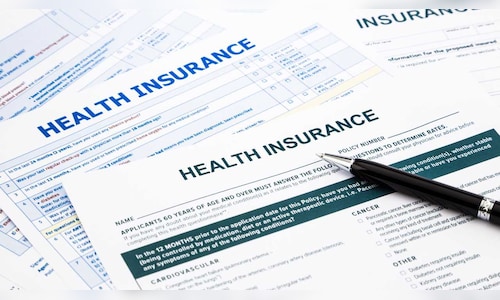Weathering the Storm: Your Guide to Mental Wellbeing After a Natural Disaster

Natural disasters – floods, earthquakes, wildfires, and more – leave a devastating trail of destruction. While the immediate focus is often on physical safety and rebuilding, the emotional and psychological toll can be just as significant. Rula, a mental health professional, emphasizes that these events can trigger a range of mental health challenges, from acute anxiety and post-traumatic stress disorder (PTSD) to persistent depression. It's vital to acknowledge these feelings and prioritize your mental wellbeing as part of the recovery process.
The Ripple Effect: Understanding the Mental Health Impact
The impact of a natural disaster isn't just about the immediate trauma. It's a complex process with long-lasting effects. Loss of loved ones, homes, possessions, and a sense of security all contribute to emotional distress. The disruption of routines and support systems can further exacerbate feelings of isolation and helplessness. Children and the elderly are particularly vulnerable, often requiring specialized care and attention.
Common mental health responses after a disaster include:
- Anxiety: A heightened state of worry, fear, and unease.
- PTSD: Recurring distressing memories, nightmares, and flashbacks related to the event.
- Depression: Persistent sadness, loss of interest in activities, and feelings of hopelessness.
- Grief: A natural response to loss, whether it's the loss of a home, belongings, or loved ones.
- Anger and Irritability: Frustration and resentment stemming from the situation.
Seeking Support: Your Path to Healing
Recognizing that you're struggling is the first and most crucial step. Here's how to prioritize your mental wellbeing and access support:
- Talk to Someone: Share your feelings with trusted friends, family members, or a support group. Simply voicing your concerns can be incredibly therapeutic.
- Professional Help: Don't hesitate to seek professional help from a therapist, psychologist, or counsellor. They can provide evidence-based therapies, such as Cognitive Behavioral Therapy (CBT), to help you process trauma and develop coping mechanisms.
- Self-Care is Essential: Prioritize activities that bring you comfort and relaxation. This could include exercise, meditation, spending time in nature, or pursuing hobbies.
- Connect with Community Resources: Many organizations offer disaster relief services, including mental health support. Explore local charities, government agencies, and faith-based organizations.
- Limit Exposure to News: While staying informed is important, constant exposure to news coverage of the disaster can be overwhelming and trigger anxiety.
- Be Patient with Yourself: Healing takes time. There will be good days and bad days. Acknowledge your progress and celebrate small victories.
Building Resilience: Moving Forward
Recovering from a natural disaster is a marathon, not a sprint. Focus on building resilience – the ability to bounce back from adversity. This involves developing strong coping skills, nurturing supportive relationships, and maintaining a sense of hope for the future. Remember, you are not alone, and help is available. Take care of yourself, and allow yourself the time and space to heal.
Resources in South Africa (ZA):
- The South African Depression and Anxiety Group (SADAG): 0800 56 7867 (24/7 Helpline) - https://www.sadag.org
- Lifeline South Africa: 0860 112 322






